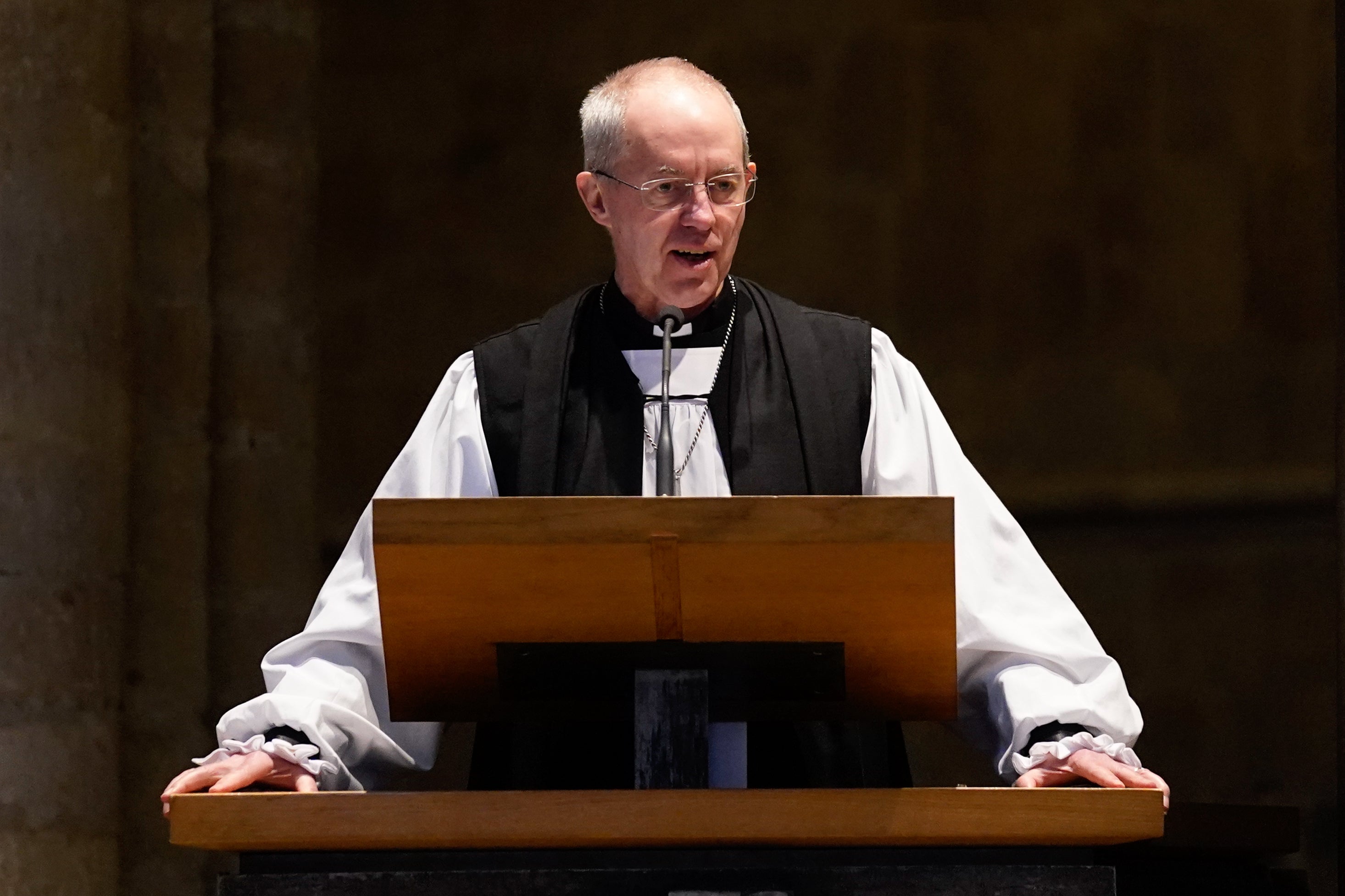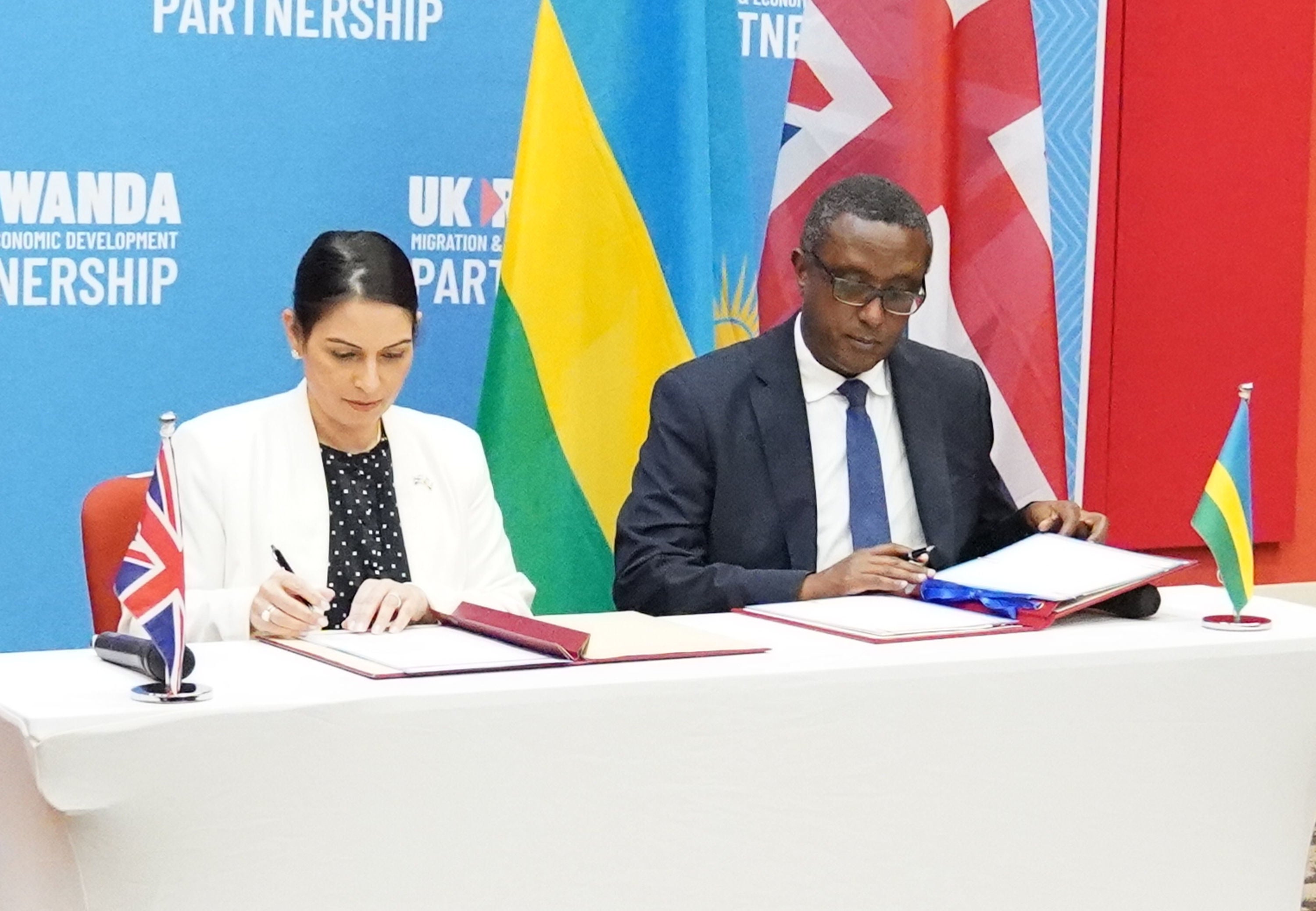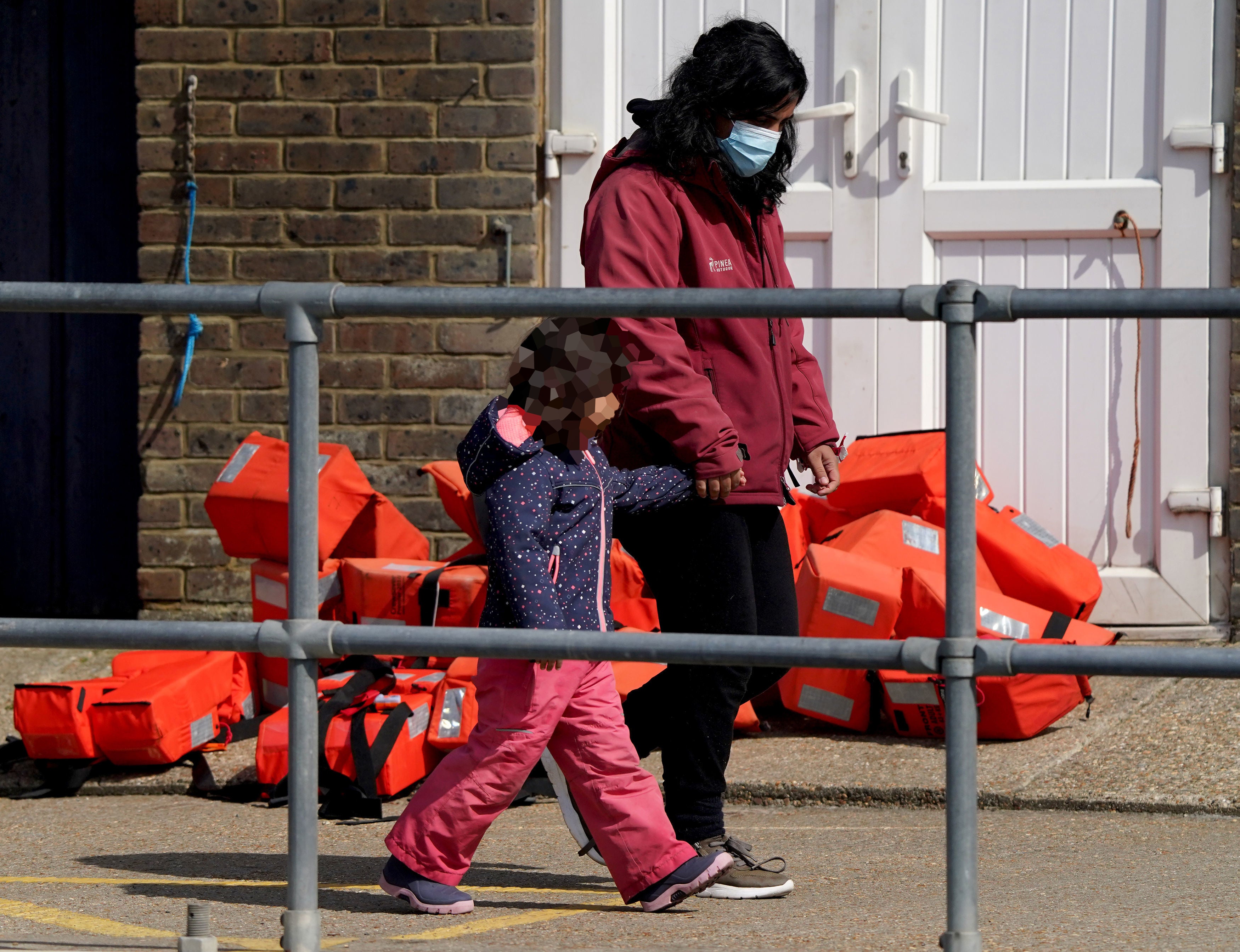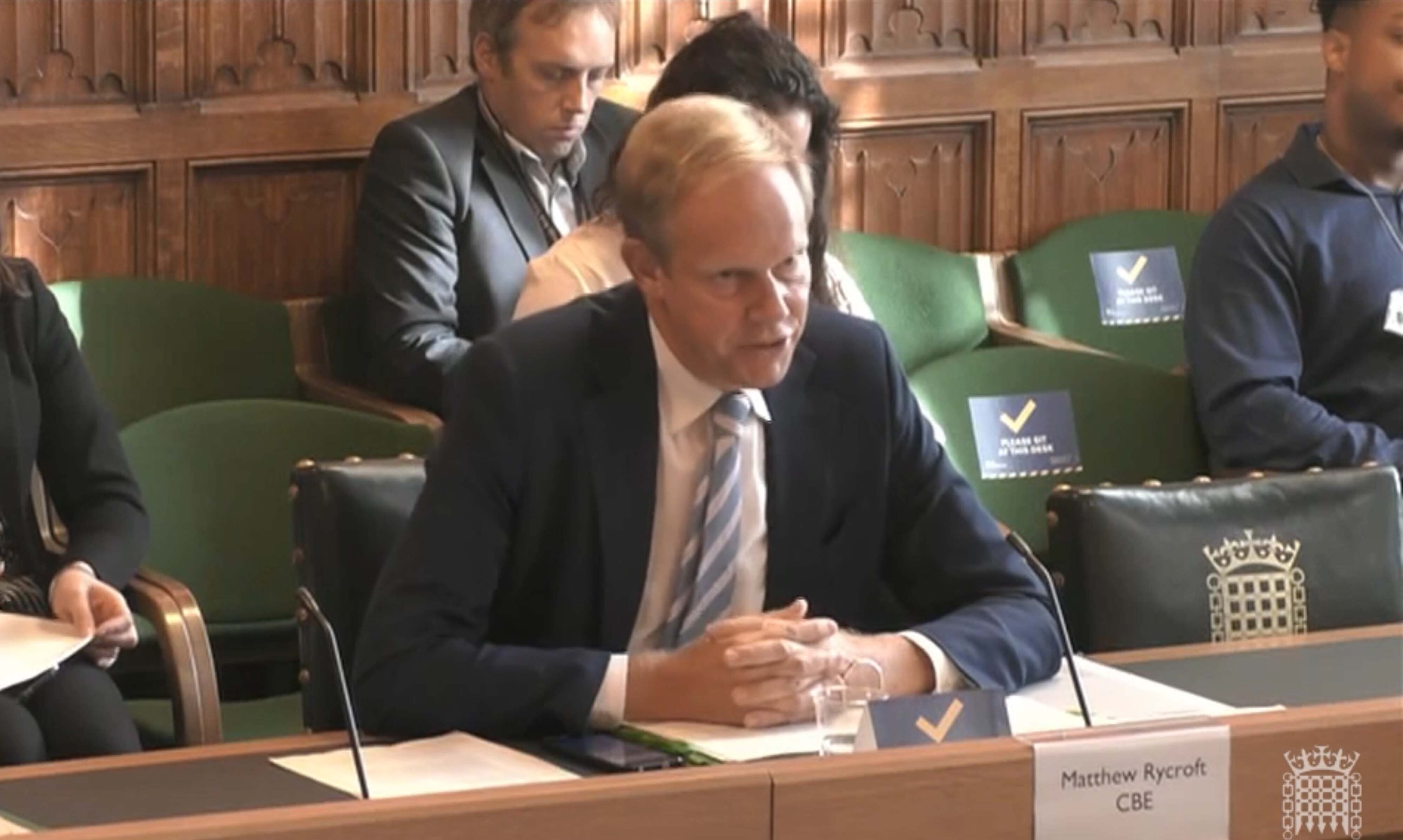Archbishop Justin Welby says Rwanda asylum plan ‘cannot stand God’s judgment’ in damning Easter sermon
Justin Welby used his Easter Sunday sermon to say there are ‘serious ethical questions’ about the scheme.

Your support helps us to tell the story
From reproductive rights to climate change to Big Tech, The Independent is on the ground when the story is developing. Whether it's investigating the financials of Elon Musk's pro-Trump PAC or producing our latest documentary, 'The A Word', which shines a light on the American women fighting for reproductive rights, we know how important it is to parse out the facts from the messaging.
At such a critical moment in US history, we need reporters on the ground. Your donation allows us to keep sending journalists to speak to both sides of the story.
The Independent is trusted by Americans across the entire political spectrum. And unlike many other quality news outlets, we choose not to lock Americans out of our reporting and analysis with paywalls. We believe quality journalism should be available to everyone, paid for by those who can afford it.
Your support makes all the difference.The Government’s policy to send migrants to Rwanda would not stand up to the scrutiny of God, the head of the Church of England has said.
In his Easter sermon on Sunday, the Archbishop of Canterbury Justin Welby said “sub-contracting out our responsibilities, even to a country that seeks to do well, like Rwanda, is the opposite of the nature of God who himself took responsibility for our failures”.
The archbishop said there are “serious ethical questions about sending asylum seekers overseas”.
He said: “The details are for politics. The principle must stand the judgment of God, and it cannot. It cannot carry the weight of resurrection justice, of life conquering death.
“It cannot carry the weight of the resurrection that was first to the least valued, for it privileges the rich and strong.”

The sermon comes as it was confirmed the Home Office’s most senior civil servant has concerns about the value for money of the scheme.
An exchange of letters published by the Home Office on Saturday night showed the department’s Permanent Secretary Matthew Rycroft warning Home Secretary Priti Patel that although it was “regular, proper and feasible for this policy to proceed”, there was “uncertainty surrounding the value for money of the proposal”.
But issuing a rare ministerial direction compelling the plans to go ahead despite the concern, Ms Patel said that “without action, costs will continue to rise, lives will continue to be lost”.
Earlier this week the Government announced plans to curb migrant crossings of the English Channel in small boats, and people who are deemed to have entered Britain by unlawful means since January 1 may be sent to Rwanda where they will be permitted to apply for asylum in the African country.
The measures have faced a fierce backlash from opposition parties, some within the Conservative Party, charities, and religious figures.

A Home Office spokesperson said: “The UK has a proud history of supporting those in need of protection and our resettlement programmes have provided safe and legal routes to better futures for hundreds of thousands of people across the globe.
“However, the world is facing a global migration crisis on an unprecedented scale and change is needed to prevent vile people smugglers putting people’s lives at risk and to fix the broken global asylum system.
“Rwanda is a fundamentally safe and secure country with a track record of supporting asylum seekers. Under this agreement, they will process claims in accordance with the UN Refugee Convention, national and international human rights laws.”
The policy has enjoyed some support from Conservative MPs, who say the issue of small boats crossing the Channel is high on the priority list for constituents.

Ms Patel said she expected other countries to follow the UK’s example, suggesting Denmark could be among those to reproduce the Government’s “blueprint”, while the Home Office insisted its approach was not in breach of refugee agreements.
In his letter, Mr Rycroft warned the Home Secretary: “I do not believe sufficient evidence can be obtained to demonstrate that the policy will have a deterrent effect significant enough to make the policy value for money. This does not mean that the (measures) cannot have the appropriate deterrent effect; just that there is not sufficient evidence for me to conclude that it will.”
But Ms Patel said it would be “imprudent in my view, as Home Secretary, to allow the absence of quantifiable and dynamic modelling – which is inevitable when developing a response to global crises influenced by so many geopolitical factors such as climate change, war and conflict – to delay delivery of a policy that we believe will reduce illegal migration, save lives, and ultimately break the business model of the smuggling gangs”.
Join our commenting forum
Join thought-provoking conversations, follow other Independent readers and see their replies
Comments